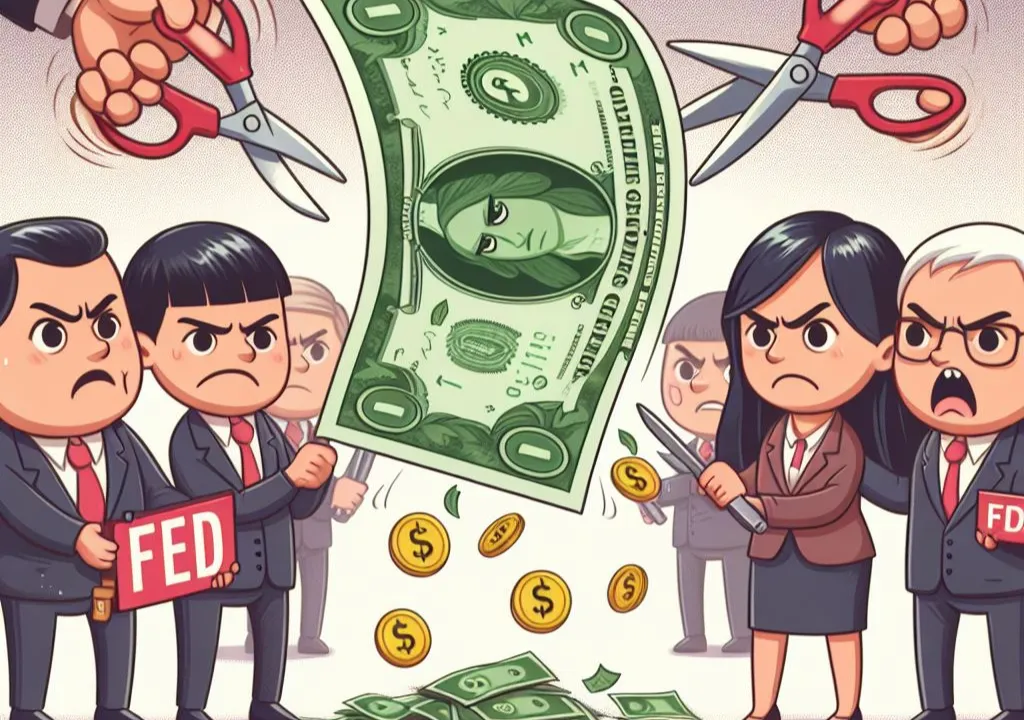jlk – The US dollar took a hit after the minutes of the Fed meeting were released on Wednesday (2/21/2024).
It shows that the US central bank is reluctant to rush into interest rate cuts, despite rampant inflation and global economic turmoil.
In the Fed minutes, US central bank officials said they want to see convincing evidence that inflation will fall to the 2% target before deciding to loosen monetary policy.
They also emphasized the importance of carefully monitoring incoming economic data due to uncertainties related to fiscal policy and the labor market.
Fed officials also expressed optimism and caution about the US economic outlook.
They acknowledged that US economic growth is still okay, driven by strong domestic demand, increasing vaccinations, and fiscal stimulus.
However, they also admitted that economic activity is being constrained by supply limitations and energy price increases.
Market reaction to the Fed minutes was relatively muted, as there were no major surprises or significant changes in stance from the US central bank.
The US dollar index, which measures the greenback’s value against a basket of other major currencies, fell by 0.16% to 97.07 at the end of Wednesday’s trading.
The US dollar weakened against the euro, yen, and pound, but strengthened against the Canadian and Australian dollars.
Meanwhile, US government bond yields rose slightly, indicating market expectations that the Fed will raise benchmark interest rates three times this year, starting in March.
US stock markets ended mixed, with the Dow Jones Industrial Average and S&P 500 rising, but the Nasdaq Composite index falling.
The Fed’s minutes have implications for Indonesia, particularly regarding capital flows, the exchange rate of the rupiah, and Bank Indonesia’s (BI) policy.
If the Fed raises interest rates faster or more aggressively than expected, it could make US dollar-denominated assets more attractive to foreign investors and draw capital out of emerging markets, including Indonesia.
This could put pressure on the exchange rate of the rupiah and increase macroeconomic stability risks.
To anticipate the impact of the Fed, BI needs to maintain the credibility and consistency of monetary policy, as well as strengthen coordination with the government and other authorities.
BI also needs to maintain sufficient foreign exchange reserves, monitor developments in global and domestic financial markets, and take necessary steps to maintain financial system stability.
Additionally, BI needs to support Indonesia’s economic recovery.
I hope this article is helpful for you. Do you have any questions, suggestions, or criticisms about this article? Would you like me to write another article in a different style? Please let me know your feedback.












